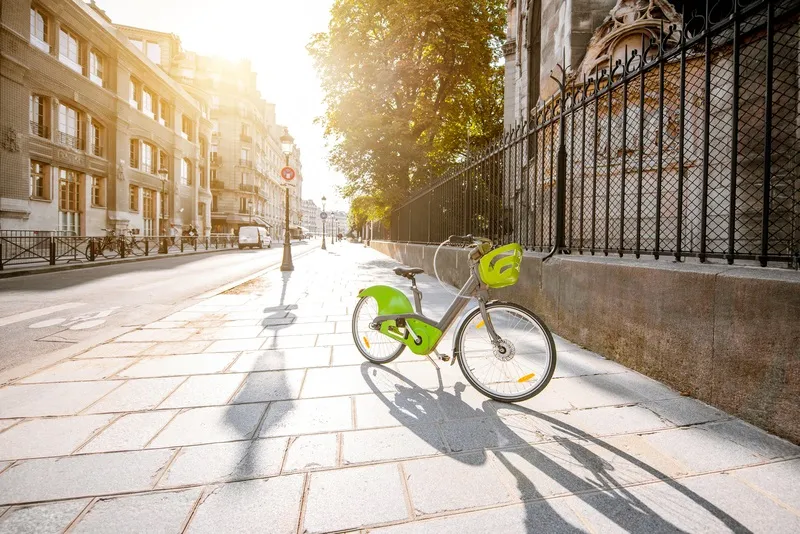
People will be eligible to receive €50 which will be put towards bike repairs after strict lockdown measures are relaxed on 11 May.
Environment minister Elisabeth Borne said the government wanted this period to be a step forward in bike culture, with the bicycle becoming “the little queen of deconfinement”.
As well as offering financial incentives to individuals, the €20m will also be used for increasing space on roads for bikes and in cycling training.
The idea is to give people alternatives to car use and public transport - measures which should ease demand on metros and buses while keeping crowded roads freer of vehicles.
The government wants to increase the public transport offering as much as possible and then “drastically reduce demand during peak hours”, Borne said.










